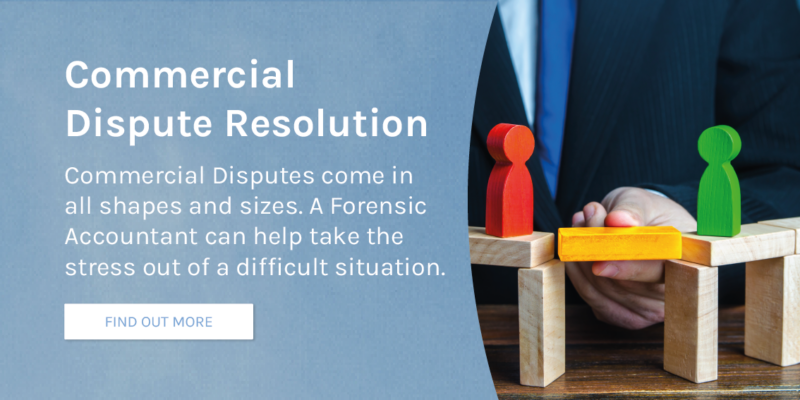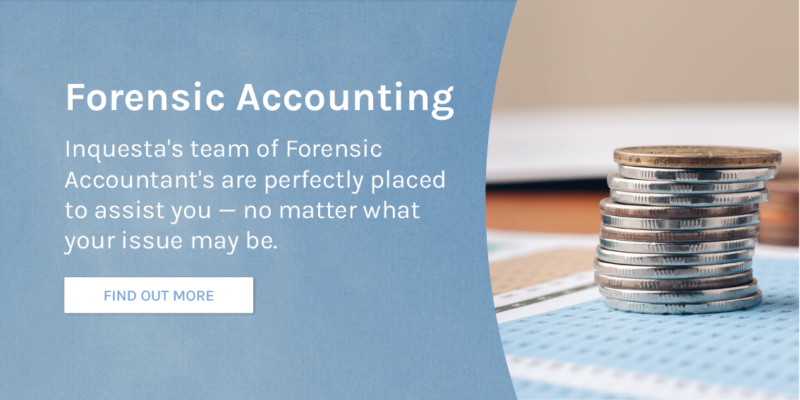While valuation is the method of assessing the form and function of a business, it is also in many ways an indication of how well you, as director/owner have been performing. A significantly below-par valuation will, in most cases, both reflect badly on you as a director, and cause some significant issues for you and your business in both the short and long-term.
Therefore, if you’re in need of a business valuation service, you will want to ensure that you are set-up for it to be done as well as possible. While it goes without saying that having somebody with experience and bonafide knowhow doing the heavy lifting of the valuation will maximise its accuracy, there are a number of other factors affecting business valuations that, if you’re not aware of them, could lead to the final valuation being significantly lower than you expected going in.
This blog will go into detail about just why business valuation is worthwhile for you, regardless of your situation, as well as outline the most prominent factors affecting business valuation every day all around the world.
Why Business Valuation Is Worth Considering
A business valuation can be a vital tool to ascertain what the current fair market value of your company is. It can be worthwhile for a number of reasons, including for clarification during a divorce, exit strategy planning from your business, and preparing for a sale/merger.
Primary reasons why business valuation can be vital for you include:
- Simplify Buying/SellingMerging With a Company: If you are considering making the leap and buying, selling, or merging with a business, it might be obvious, but you’ll need to know its value. The more thorough the business valuation, the easier you will be able to determine a fair and realistic price for all parties, while ensuring that you won’t be overpaying or underselling the company.
- ‘Risk-Free’ Investment: Ultimately, you don’t need us to tell you that no investment will ever truly be risk free. However, a business valuation can help you better assess the return on investment and identify the risks associated. Only once you have the most complete picture possible can you make an informed decision.
- Obtain Outside Financing: An up-to-date business valuation can be a required step when seeking additional funding from a bank or other form of investor. A valuation from a trustworthy source will enhance your chances of securing the finances you need.
- Better Planning: One of the primary benefits of a business valuation is that it can provide you with clarity on the overall health of your business. It can help you to identify areas that need to improve, and if any parts of the company are performing above expectations.
- Dispute Resolution: A dispute between shareholders, business partners, or even a married couple, will put huge strain on all involved. If the resolution to the dispute centres around a company, having a valuation done can help to resolve said disputes and drive them, in some cases, towards an amicable conclusion.
- Ease Succession Planning: If you own a business and are considering what will happen to it and your loved ones after you are gone, a business valuation can be essential as it can help make certain that the transfer of ownership of the firm is done properly while also complying with all legal obligations.
Ultimately, the question of ‘why business valuation’ is rooted in better understanding the current value of what will, for many people, be their most valuable asset. A properly done business valuation will provide the most comprehensive understanding of a business’s worth and should be seen as a valuable tool for owners, investors, shareholders, etc, alike.
Key Factors Affecting Business Valuation
No two valuations will ever be exactly the same. This is because of the sheer number of factors affecting business valuations. Key considerations include what growth prospects your firm have, your location, the reputation of your business, and the state of your current finances (profit margins, earning history/trends, etc,)
The main factors affecting business valuation include:
Your Growth Potential
A common consideration when it comes to the valuation of your company would, naturally, be how well it is set up to grow going forwards.
If your business model is set up for long-term sustainable growth, or you are in an industry primed to rise in the near future, your value could be impacted and reflect this.
Where Your Business is Based
They say that location can be a huge factor in the success of a business. Therefore, in the same breath, it would make sense that your company’s location would contribute to its value.
Location can be a key component in determining the valuation of your business for a number of reasons, including:
- Market Potential
- Value of Owned Real Estate
- Convenient Access to Resources and Customers
- Enhanced Brand Image
Ultimately, you can have an excellent business model, but still fail purely because you are based in a poor location to both grow and succeed. However, on the flip side, a badly run company can succeed if it’s in a prime location.
EBITDA (Earnings Before Interest, Taxes, Depreciation, and Amortisation)
The determination of a business’ value based on earnings prior to interest, taxes, depreciation, and amortisation can be an important metric for any business owner. This is because it eliminates all non-operating aspects of the firm and instead focuses on its operating performance and how it is able to generate income.
Ultimately, while being a useful method of measuring operating performance, EBITDA should not be used to determine value in isolation. This is because it excludes some key aspects in the valuation process such as company interest and taxes. It should instead be used alongside another financial metric if you intend to come to the most well-rounded and comprehensive conclusion possible.
Company Reputation
A somewhat intangible factor when it comes to valuation, but a potentially important thing to consider nonetheless. Your business’ reputation and the goodwill it holds within the community/industry can add significant value.
While it can be difficult to put a clear-cut amount to this type of ‘asset’, it should still be considered as a good reputation will boost value, while a negative reputation, for unreliability, poor output, etc. may result in a lower valuation.
Staff and Management
A company with high-level staff who have all been trained to perform at a premium level will have value to your company — particularly compared to a business with a constant turnover of new hires.
Clientele Concentration
Customer concentration is something many may not consider when looking at value. If your business is performing well, but large quantities of your sales can be traced back to one or a handful of clients, your value could be negatively affected.
This is because, if one of these key customers were to move on for any reason, the firm could find itself suddenly facing an uphill battle to recover. This is most common when a small business is able to ‘land’ a large deal with a company and starts to cater itself to this ‘big fish in a small pond’.
Business Support You Can Rely On
Understanding all of the factors affecting business valuations can be key if you want to work it out accurately. By keeping an eye out for, and carefully analysing these key factors, you can ensure just that.
The role a forensic accountant can have in this process is to maximise the accuracy and efficiency of your valuation. An expert forensic accountant can ensure that nothing is missed during your valuation — our team is trained to leave no stone unturned and keep an eye out for irregularities in the pursuit of providing as comprehensive a valuation report as possible.
Our team of forensic accountants have years of experience supporting people from different backgrounds through all manner of issues — such as disputes between shareholders or amongst divorcing couples. Inquesta Forensic Accountants leave no stone unturned in our pursuit of achieving the best and fairest resolution possible.
For more information about how an Inquesta forensic accountant can help you, get in touch today. Alternatively, check out our two dedicated guides: Business Valuation for Shareholders Disputes and Business Valuation for Divorce Lawyers.





